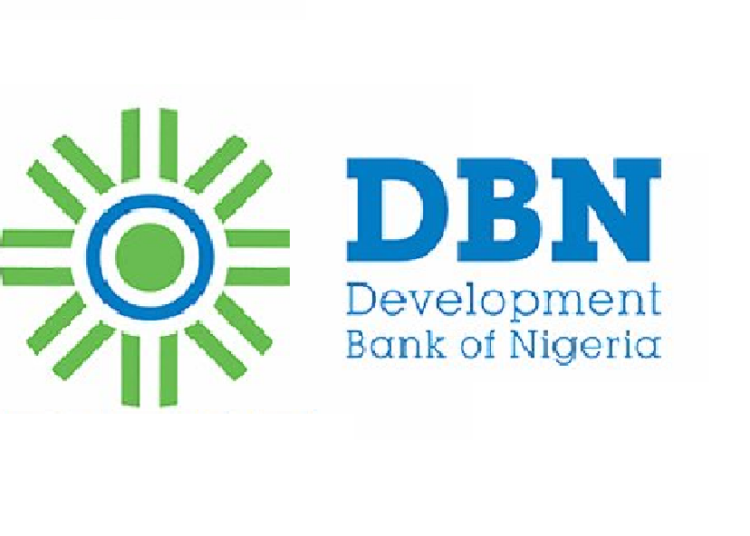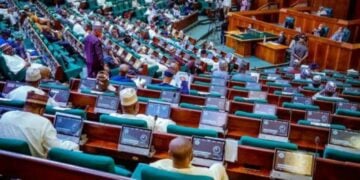With over one-third of Nigerian adults outside the formal financial system, experts and stakeholders are calling on the country’s development banks to play a greater role in closing the gap.
Despite being Africa’s most populous nation and one of its largest economies, they said, Nigeria still struggles to provide widespread access to affordable credit, savings, insurance, and digital financial services, particularly, for rural dwellers, women, youth, and micro and small business owners.
According to data from the Central Bank of Nigeria (CBN), about 36 percent of Nigerian adults were financially excluded as of 2023, highlighting a significant challenge in the country’s quest for inclusive economic growth. Unlike commercial banks, which are often risk-averse and profit-driven, Nigeria’s development finance institutions such as the Bank of Industry (BoI), Bank of Agriculture (BoA), Development Bank of Nigeria (DBN), and the Nigeria Export-Import Bank (NEXIM) were created with mandates to catalyse growth in underserved sectors of the economy.
While BoI has taken the lead in offering long-term, low-interest loans to micro, small and medium enterprises (MSMEs), rural producers, and women-led businesses, often in collaboration with microfinance institutions, the DBN, which began operations in 2017 with funding support from the World Bank and African Development Bank, provides wholesale financing to microfinance banks for on-lending to low-income individuals and small enterprises.
This model allows development banks to extend financial services deep into rural areas where traditional banks rarely operate.
However, experts said, unlocking the full potential of these banks requires structural reforms, innovation, and better coordination.
On his part, a development economist at Adeleke University, Professor Tayo Bello emphasised the need for a unified national development finance strategy to eliminate duplication of efforts and enhance the impact of interventions.
“Currently, there’s a lot of overlap and fragmented programming among the banks. A coordinated framework that aligns their goals, target sectors, and delivery methods would foster efficiency and greater reach,” he said.
Bello also underscored the importance of digitising operations, adding that, “Digital tools should be at the heart of development banking. Simplifying loan applications, using mobile platforms, and partnering with fintechs to reach last-mile users can help remove access barriers.”
Digital lending tools that rely on alternative data such as mobile phone usage patterns and transaction history can enable credit assessments even for individuals without formal collateral or credit histories. This approach is seen as vital for reaching informal workers and micro-entrepreneurs who are often left out by commercial banks. Financial literacy is another area of concern.
Similarly, president of the Independent Shareholders’ Association of Nigeria(ISAN), Moses Igbrude said, many excluded Nigerians lack the understanding to navigate financial services. “Development banks need to embed training into their loan schemes. For youth and women, especially, mentorship and digital skills training should be part of the package,” he said.
In addition to education, stakeholders are calling for more flexible approaches to credit risk assessment.
Financial economist, Zakari Mohammed of Auchi Polytechnic said, alternative models such as group lending, credit guarantees, and value chain financing could help reduce risk while expanding access.
“We have agribusinesses and cooperatives across the country that can be funded based on expected cash flows and supply contracts. They shouldn’t be denied loans simply because they lack land titles,” he argued.
There are also growing calls for recapitalisation and institutional independence. Igbrude urged the federal government to boost funding for the development banks and shield them from political interference.
“These banks need the autonomy to make investment decisions based on long-term economic value, not political cycles. Their performance should be measured by the jobs they create and the lives they improve, not just loan recovery rates,” he added.
Other experts believe that, strategic partnerships, especially with commercial banks, international development agencies, and impact investors, can amplify the impact of development banks. Through blended finance models, concessional public funds can help de-risk private capital, unlocking more funding for underserved sectors.
Ultimately, observers said Nigeria’s development banks are uniquely positioned to transform access to finance across the country. By embracing inclusive lending practices, leveraging technology, and aligning with impact-driven goals, they expect development banks to catalyse broad-based economic participation and help lift millions out of poverty.





